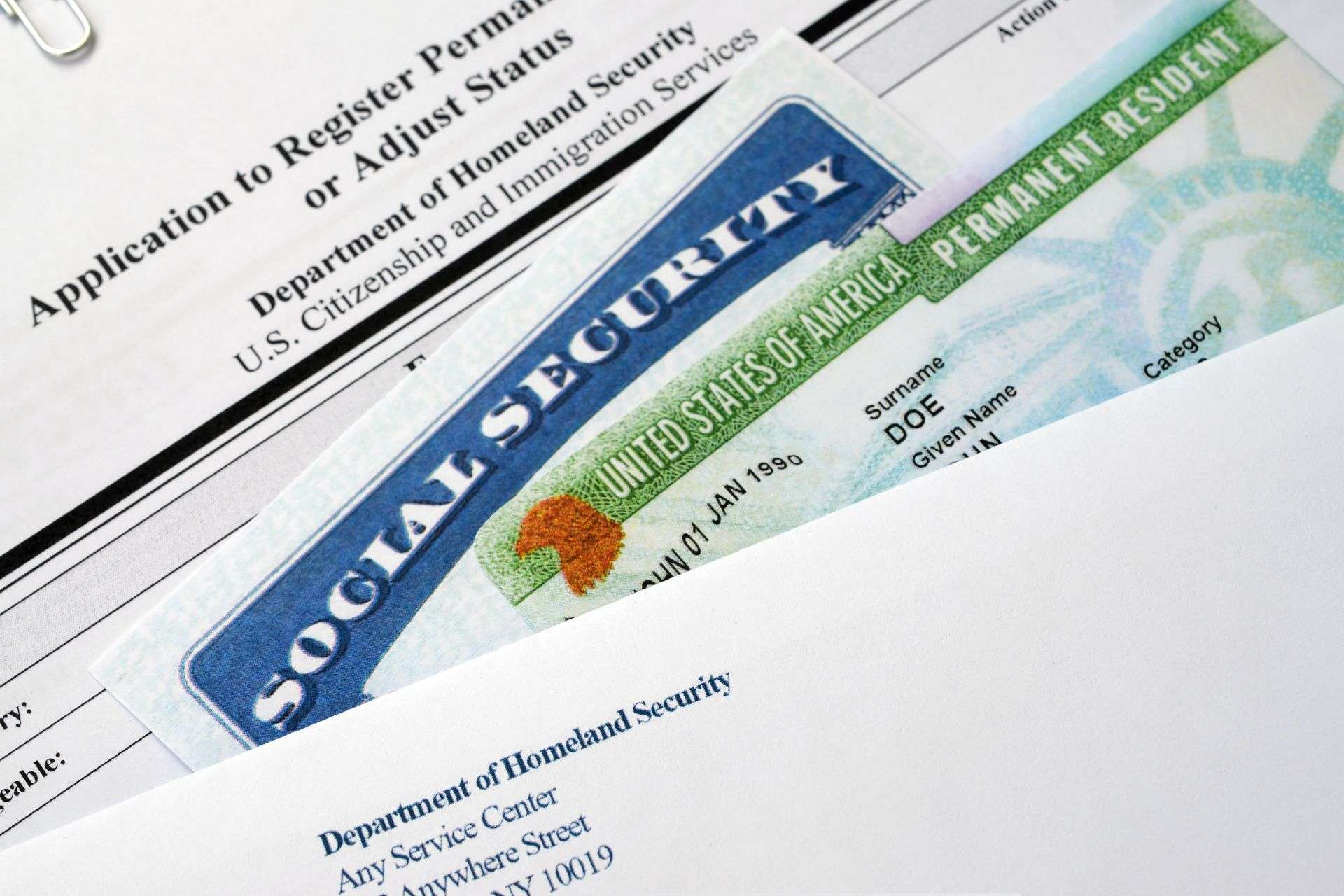Intent to Renounce U.S. Citizenship
Intent to Renounce U.S. Citizenship, or renunciation, is the most definitive way in which a person can relinquish their U.S. citizenship. The loss of nationality is a serious act, as if cannot be undone. U.S. citizens considering renouncing or relinquishing their U.S. nationality should carefully review and understand the consequences and ramifications. If you want to renounce your citizenship, you must give up your rights and responsibilities as a U.S. citizen, become a citizen of another nation, and may need a visa to visit the U.S.
Qualifications
-
Be a current U.S. Citizen
-
Understand the effects of renouncing your citizenship
What You'll Need
-
Appear in person before a U.S. consular or diplomatic officer, in a foreign country (normally as a U.S. Embassy or Consulate)
-
Sign an oath of renunciation
Questions? Contact us.
Whatever your immigration issue may be, we are here to help. Our team of attorneys and staff work hard to help you reach your goals.
FAQs
There are many advantages and disadvantages to going through the sometimes lengthy process of renouncing your citizenship. Advantages include tax relief. When you renounce your citizenship, you no longer are subject to paying future taxes after your renunciation is finalized. The disadvantages include trouble traveling abroad; the U.S. passport is among the strongest passports in the world, allowing you to travel more freely. Another disadvantage is the possibility of no governmental assistance or protection – if you are not a citizen in another country, you are at risk to becoming “stateless”, which can cause many problems.
Yes, there is a $2,350 fee. If you apply online, you can also pay online. If you pay by mail, then you can pay via money order, personal check, cashier’s check, or by credit card using Form G-1450, Authorization for Credit Card Transactions. If you pay by check, you must make your check payable to the U.S. Department of Homeland Security.
You can file your form online or by mail. Filing online allows you to:
- Pay your filing fee online
- Check the status of your case
- Receive notifications and case updates
- View personalized case completion date estimates
- Respond to requests for evidence
- Manage your contact information, including updating your address
You can create an account to file online. You can also mail your form to your region’s designated USCIS office.
Of course, you can choose to manage your case independently. However, working with immigration experts can help you navigate the process and provide guidance throughout.
You may be represented, at no expense to the U.S. government, by an attorney or other duly authorized representative. Your representative must submit Form G-28, Notice of Entry or Appearance as Attorney or Representative. Your representative may also submit Form G-28 at the time of your interview.
Immigration issues can be quite complicated. Combine that with the current rate of change in U.S. policies, it can be hard to keep up. Our team puts their experience to work for you and your particular situation. We work hard to stay on top of policy changes and are prepared for changes down the line. We offer patented online software, MyEsq, that streamlines the filing process and makes our knowledgeable team of lawyers just a click away.
Latest News
Stay up-to-date on the latest developments in U.S. Immigration.
The United States Customs and Immigration Services (USCIS) quietly tightened the marriage green card process on multiple immigration forms. The changes significantly …
International employers in the tech industry and universities are facing growing concerns over the vulnerability of their international employees and students due …
ICE Accused of Violating Noncitizens’ Civil Rights
Immigration activists accused Immigration and Customs Enforcement (ICE) agents of violating the civil rights of noncitizens they arrested during the first weeks …
CHNV Termination Affects Major GOP Voter Base
The recent termination of the Cuba, Haiti, Nicaragua, and Venezuela (CHNV) parole program by the U.S. Department of Homeland Security (DHS) could …




